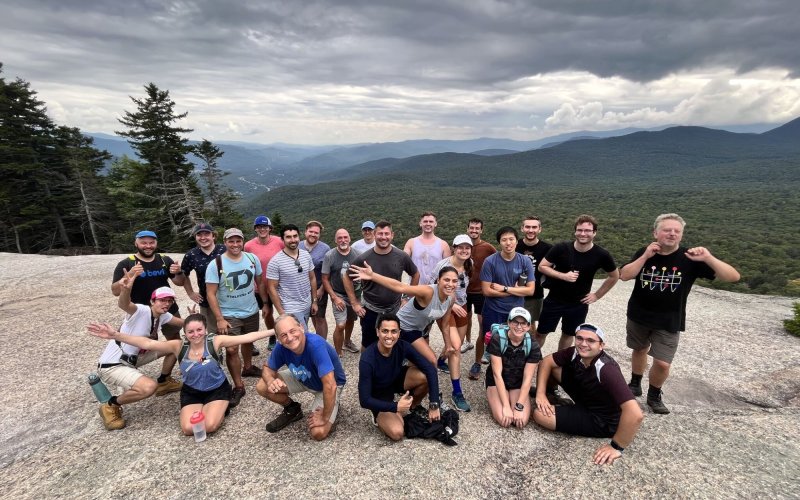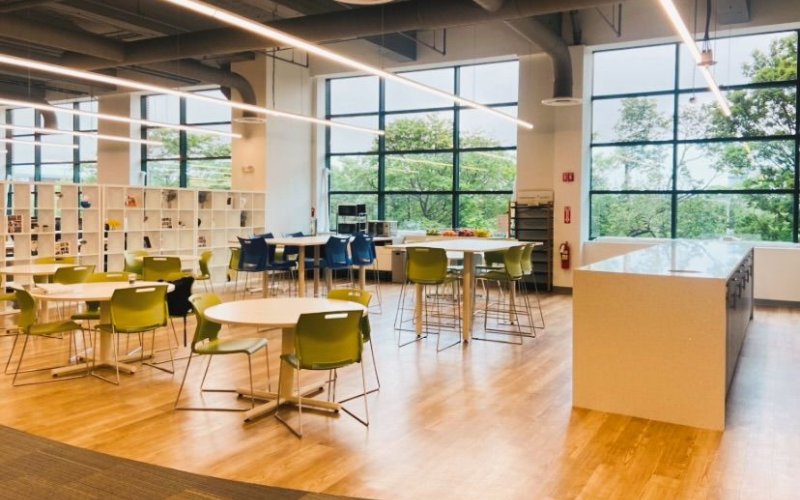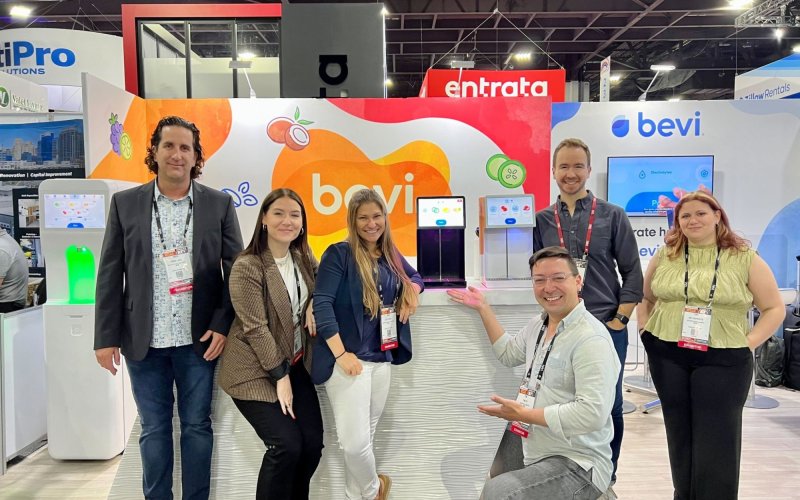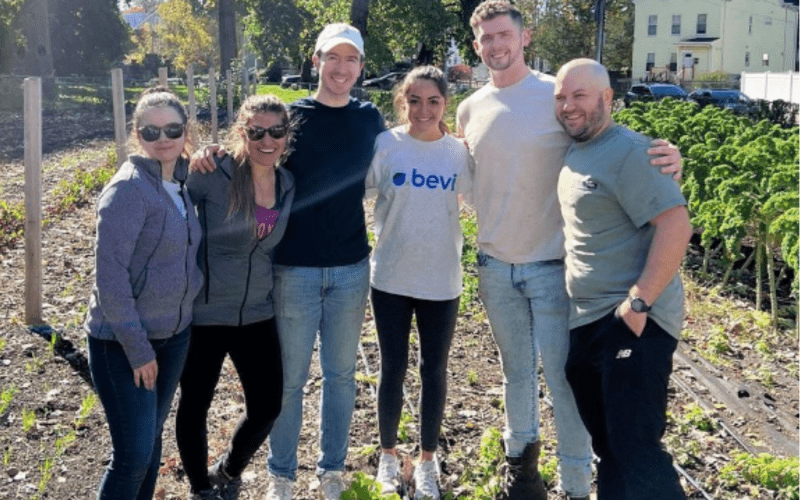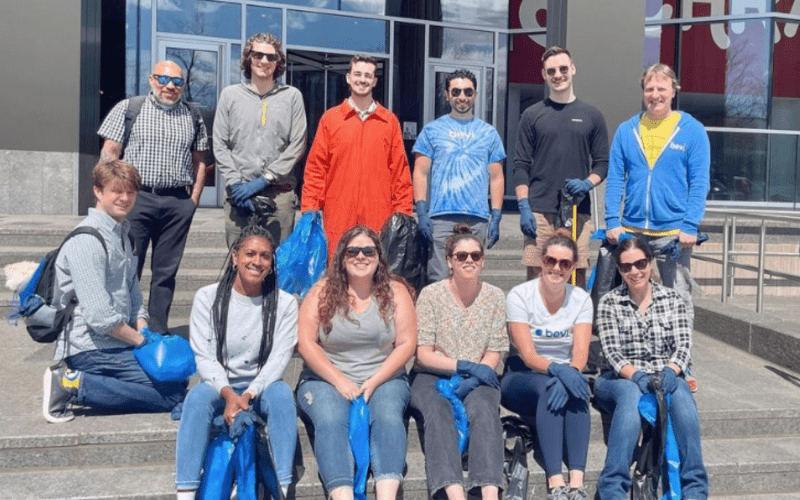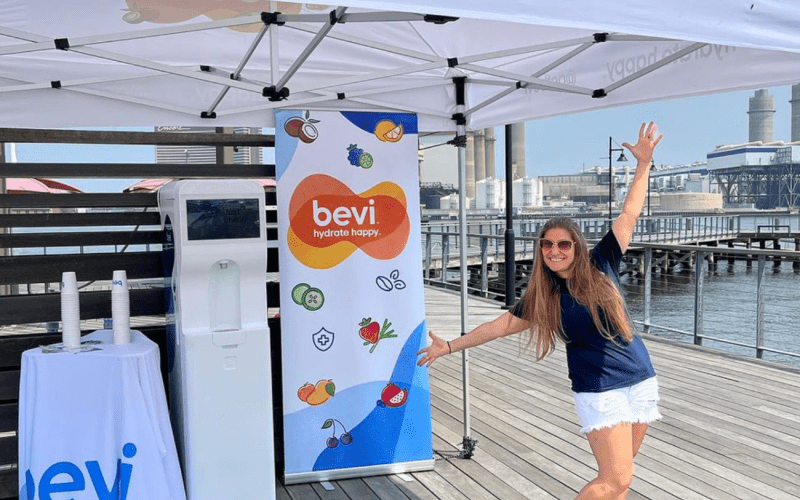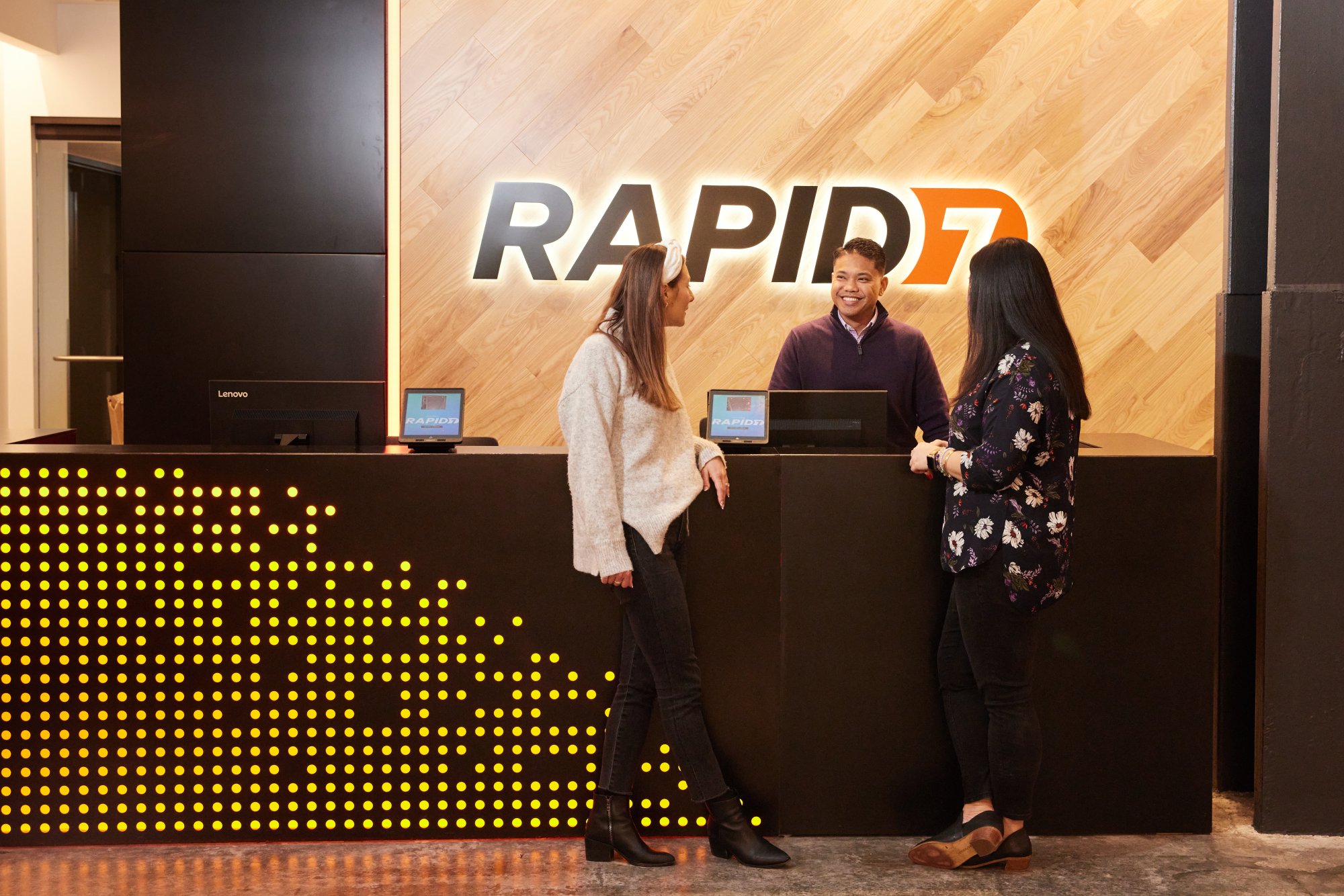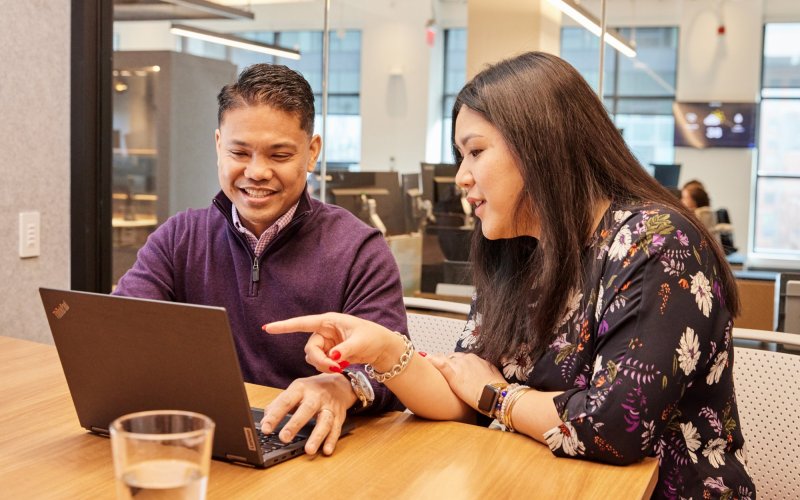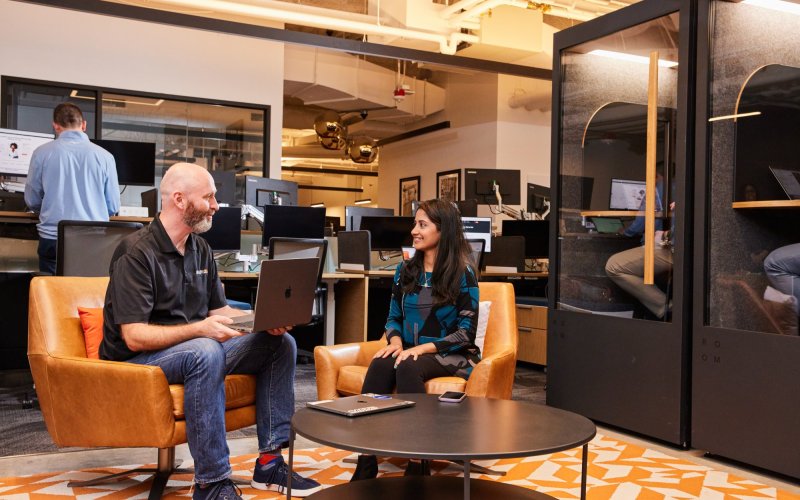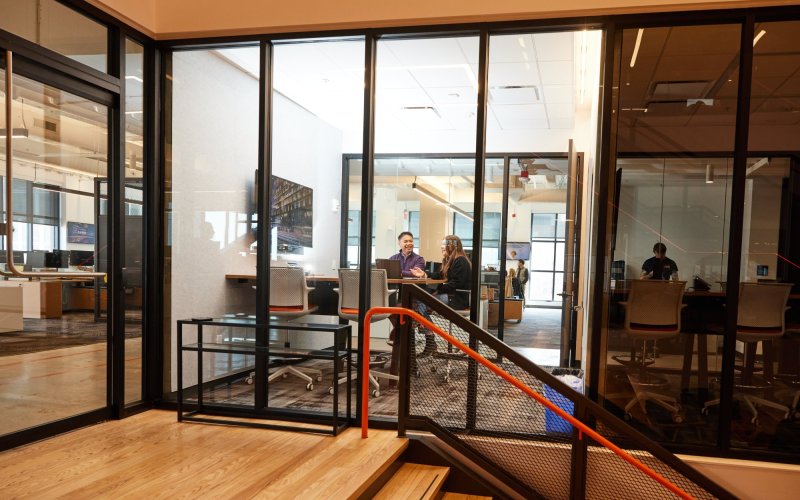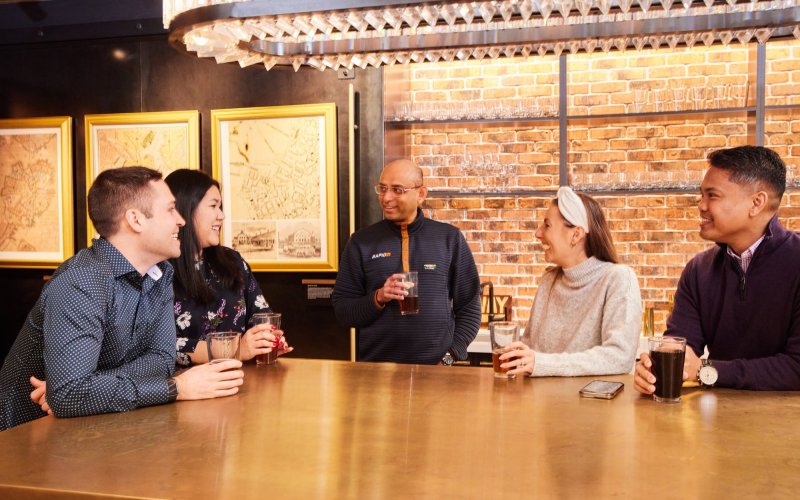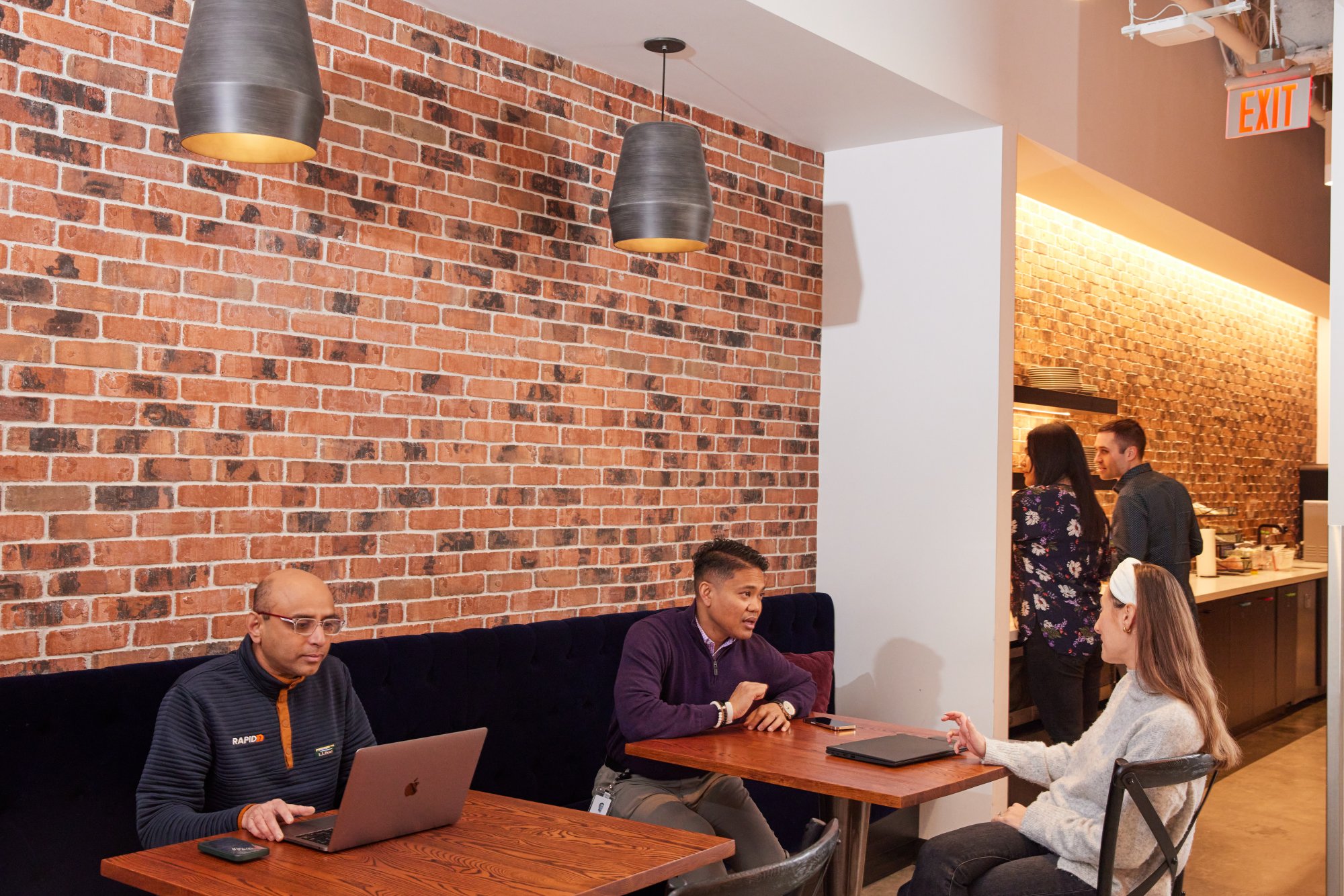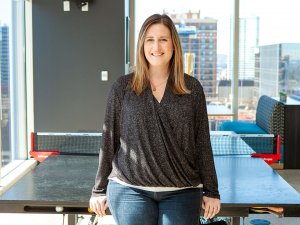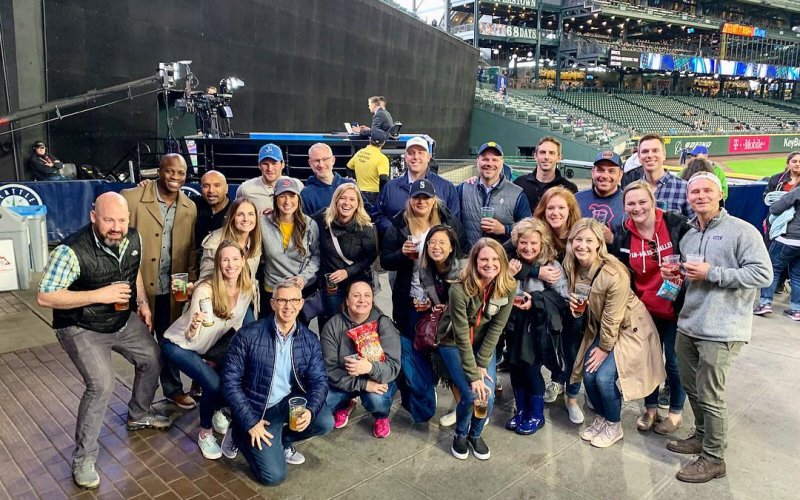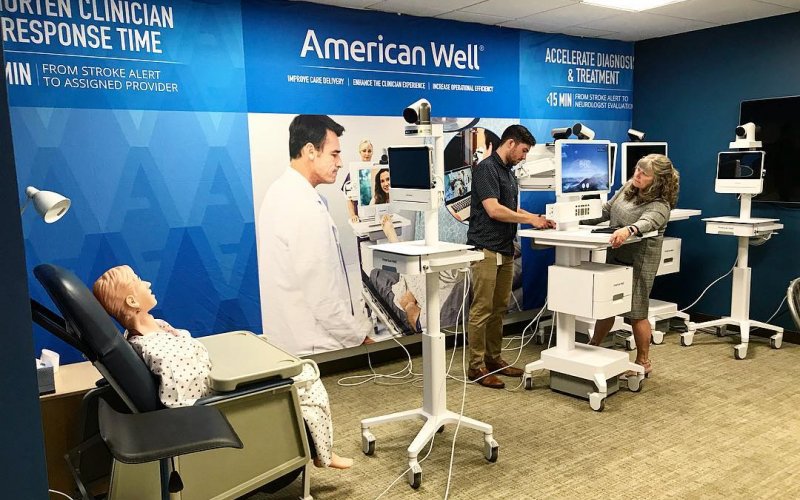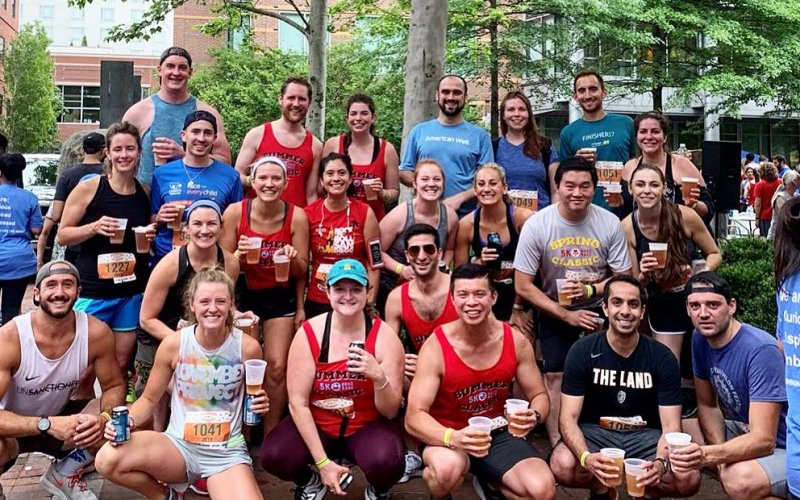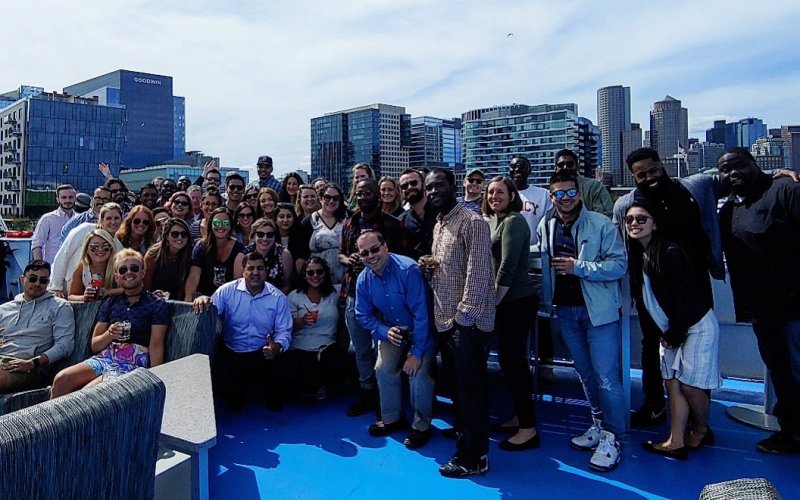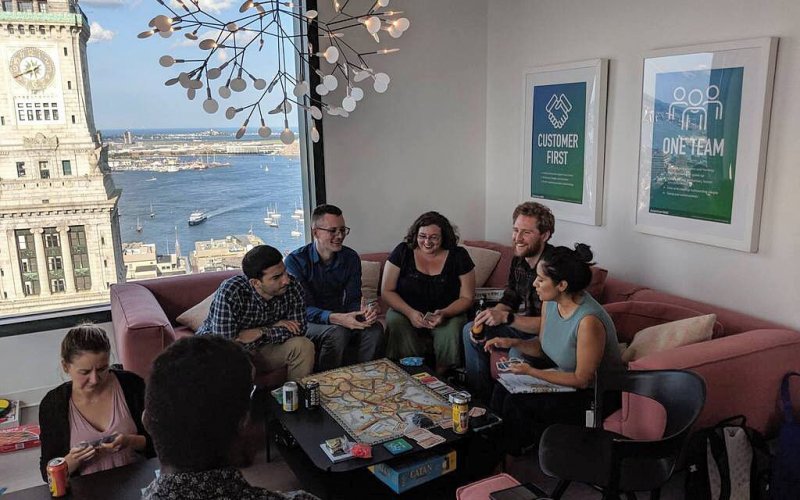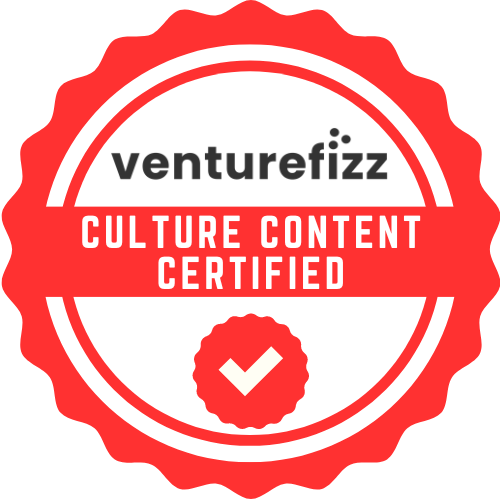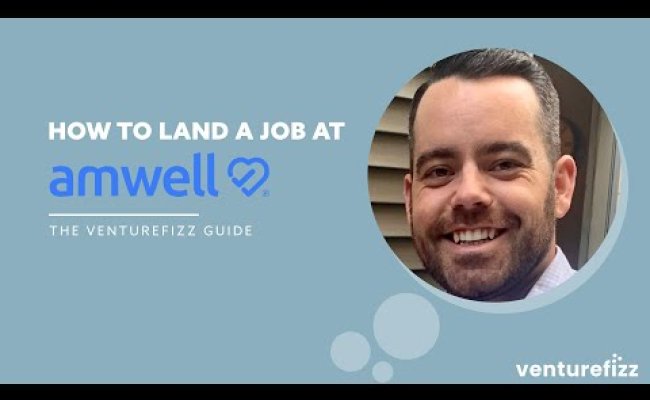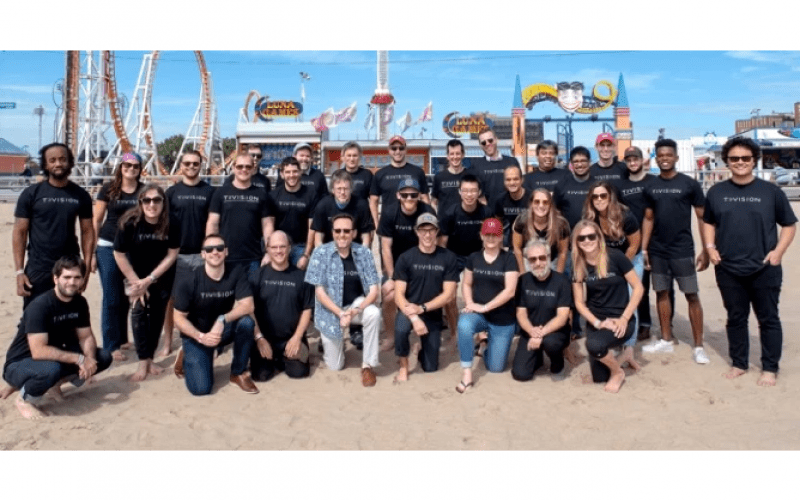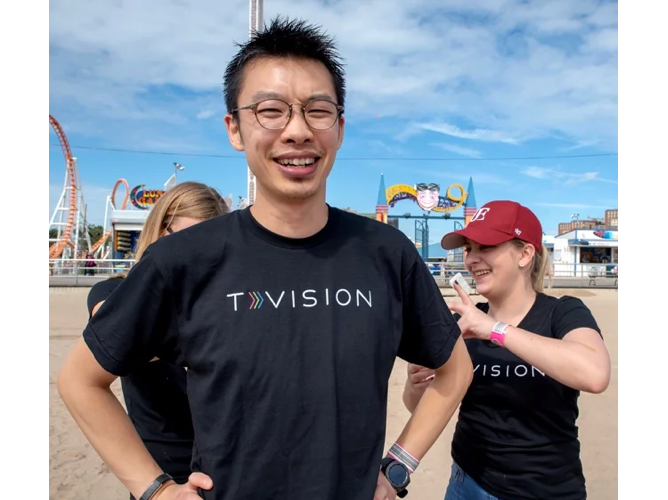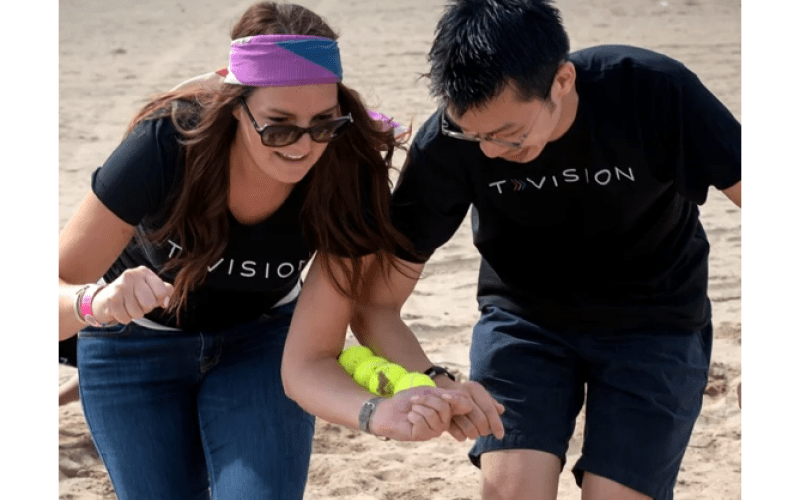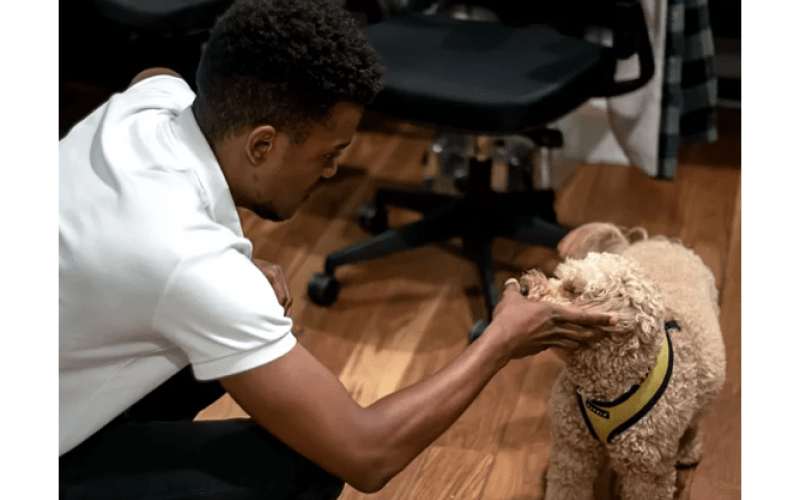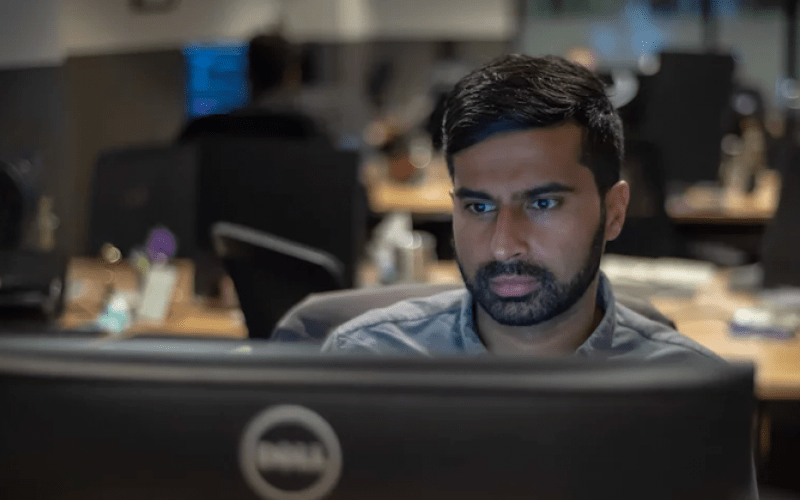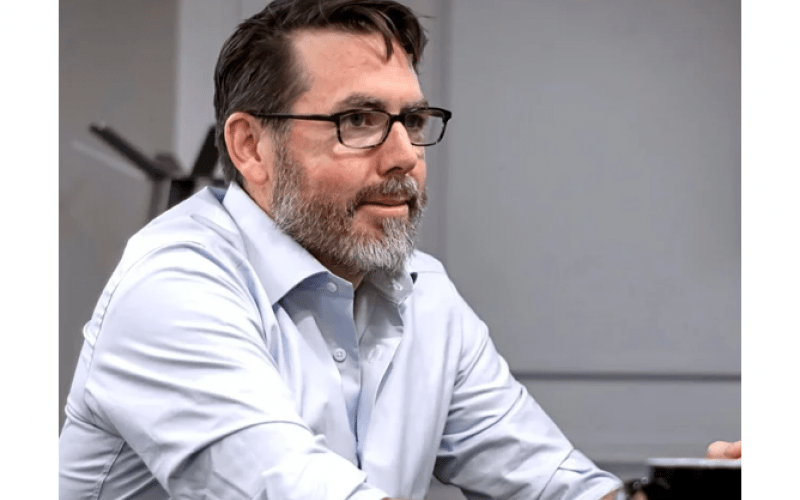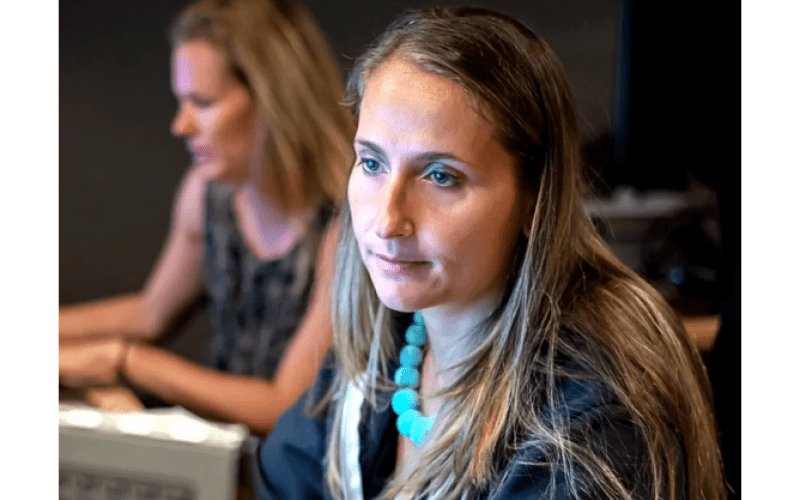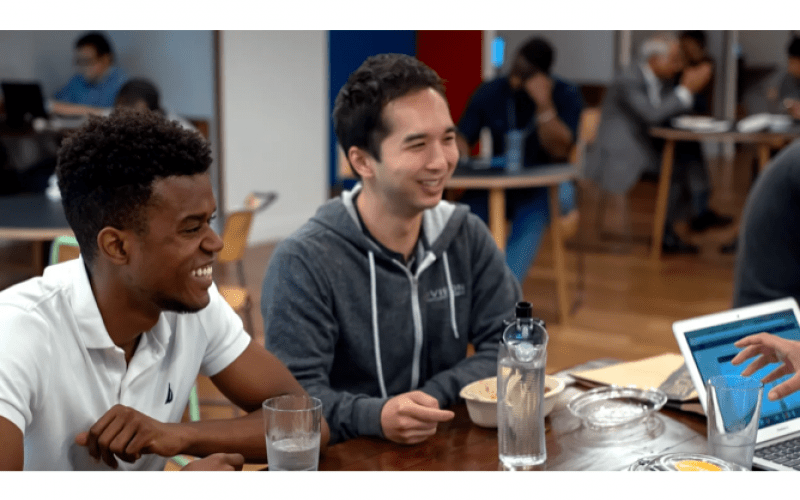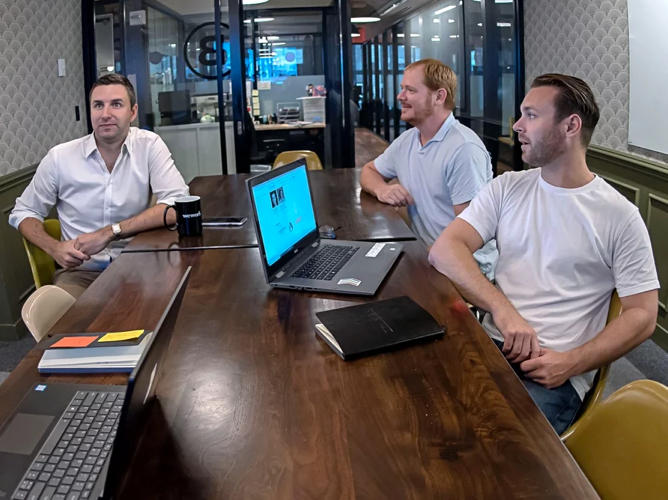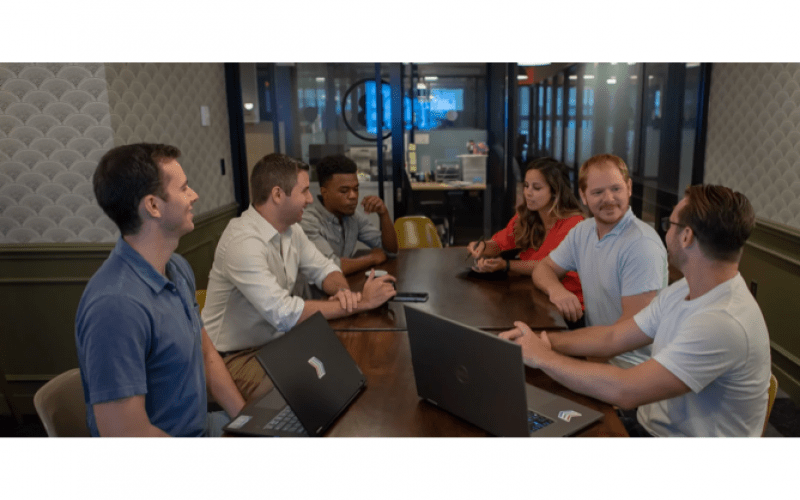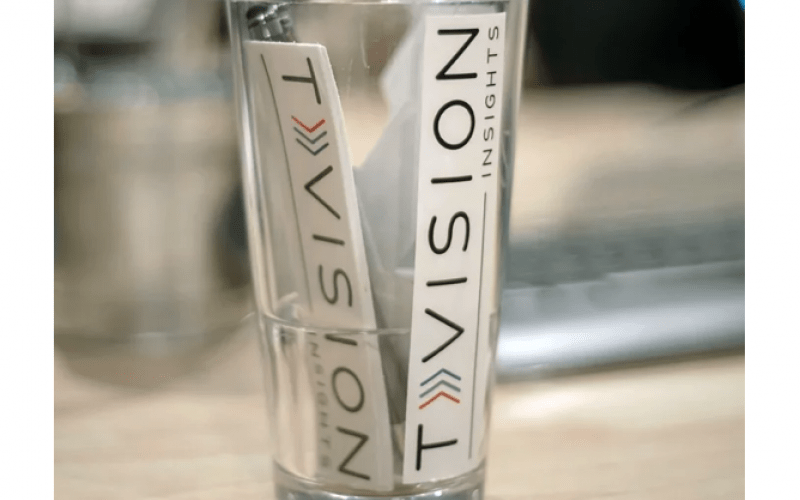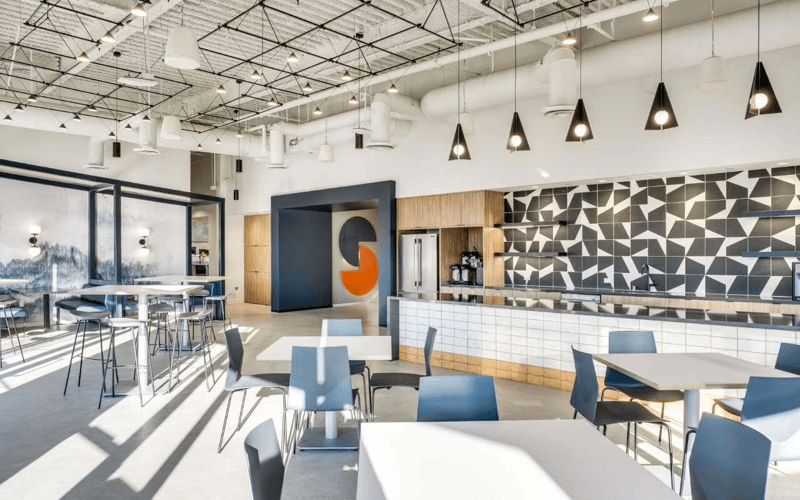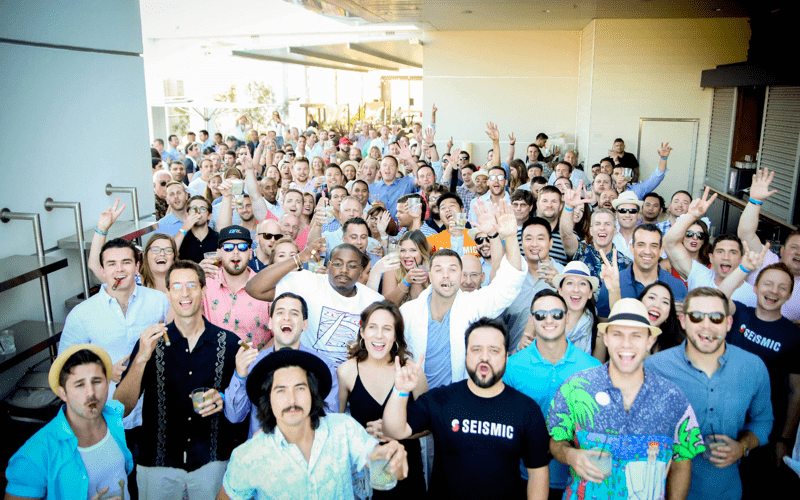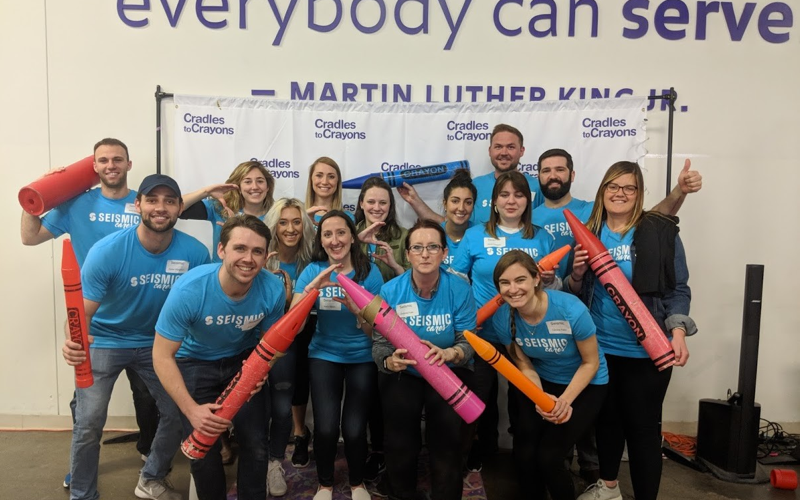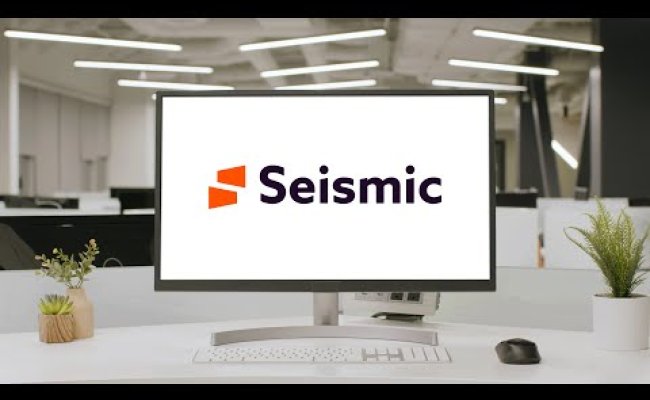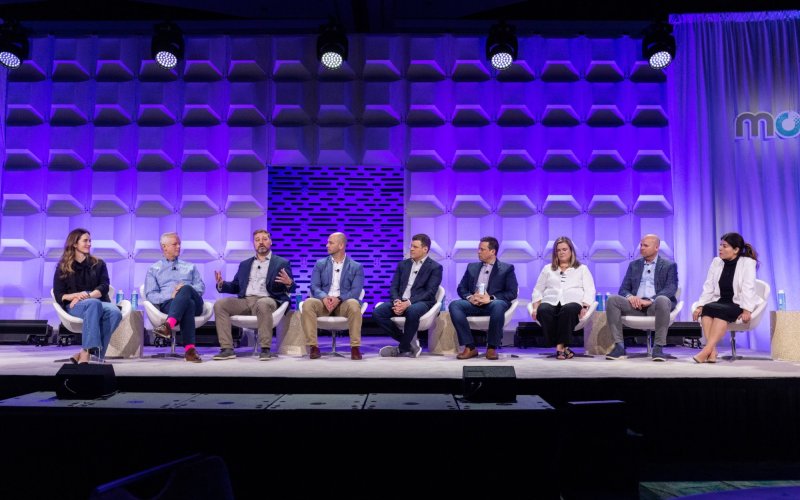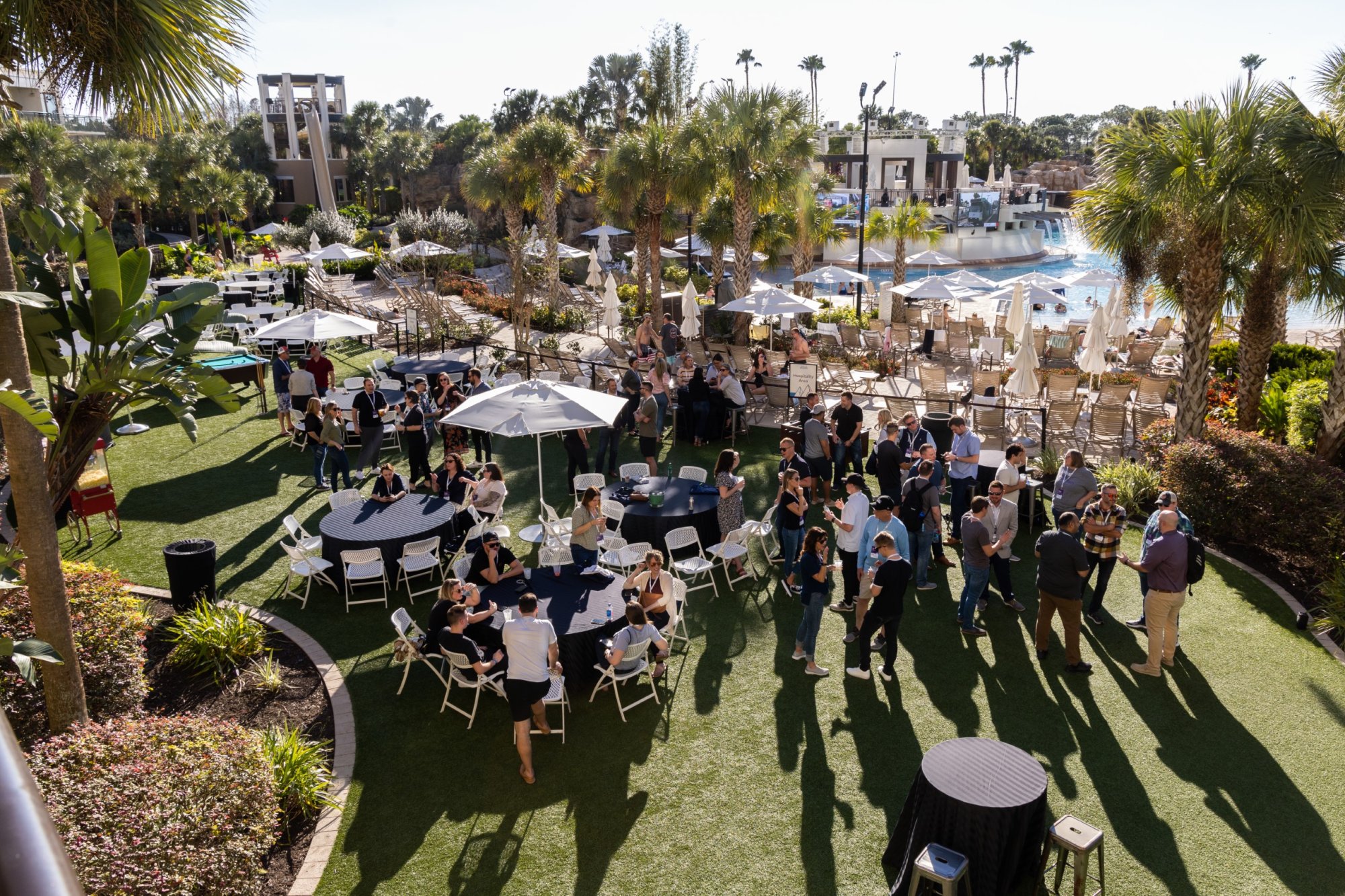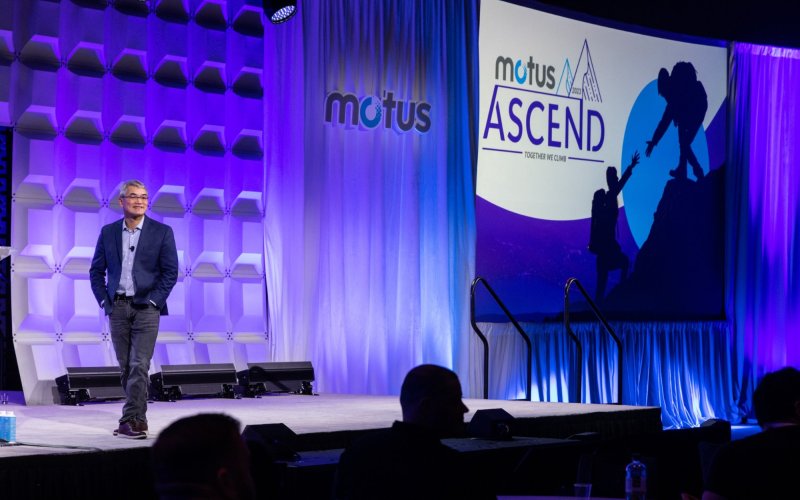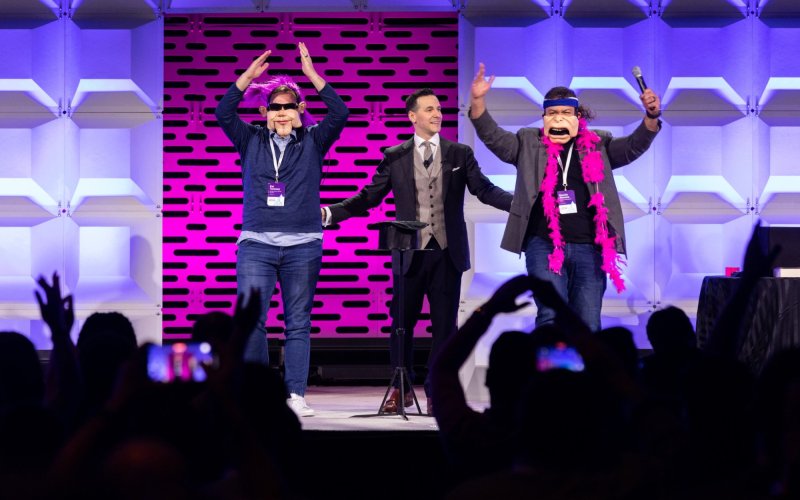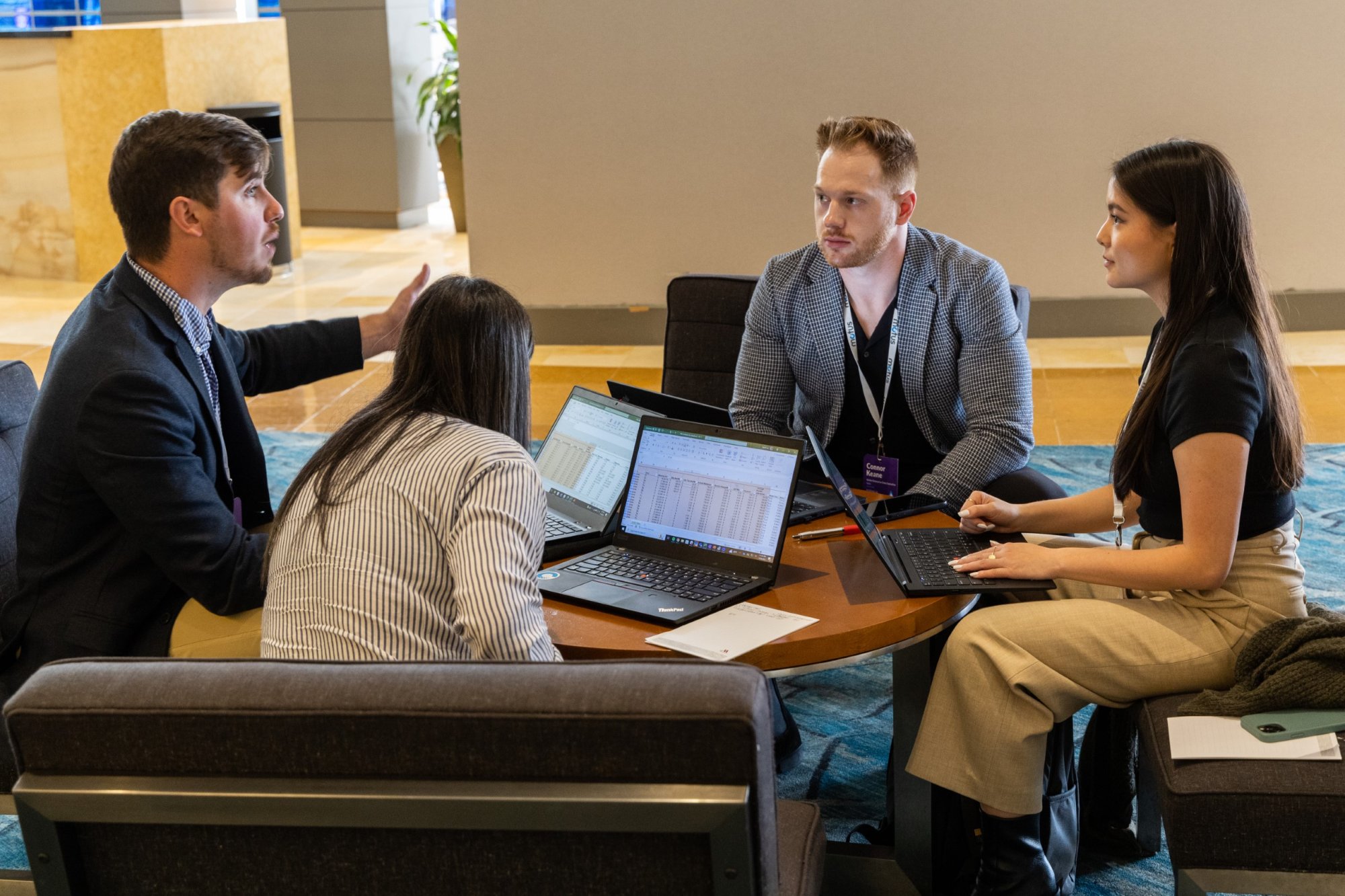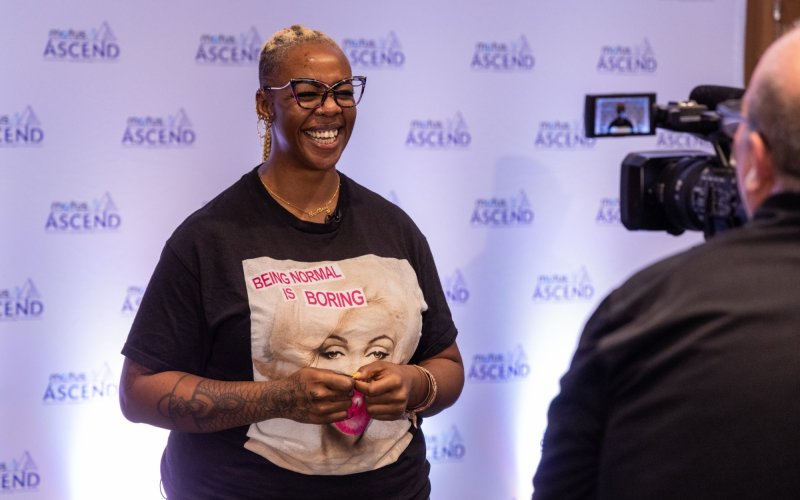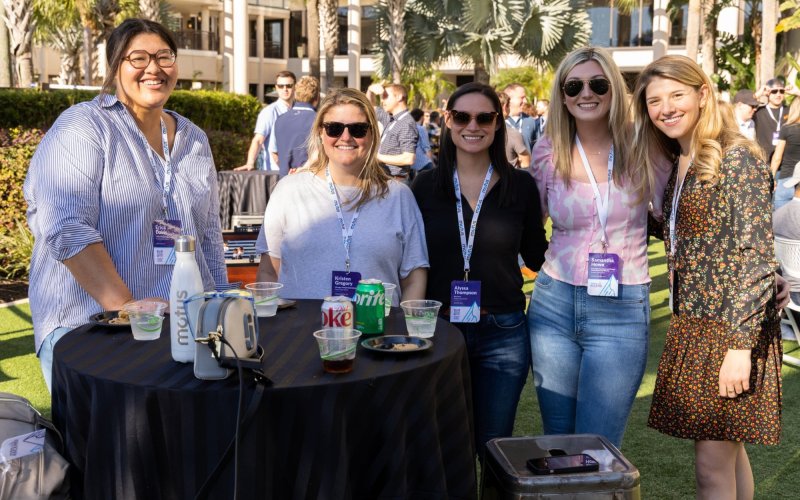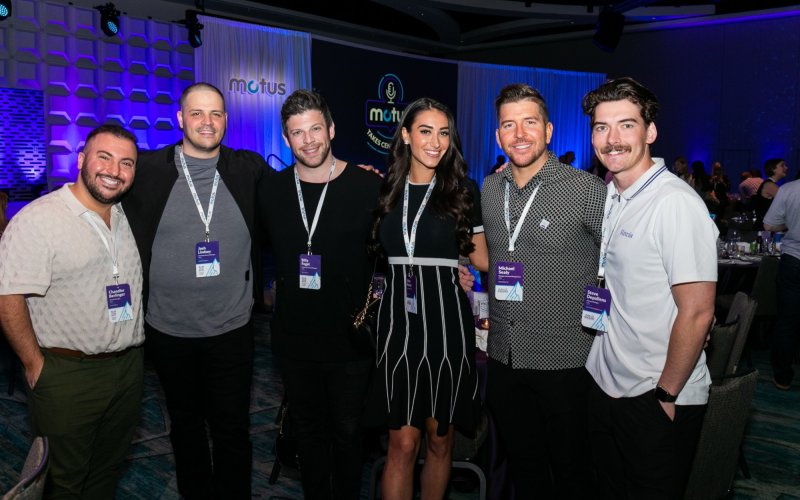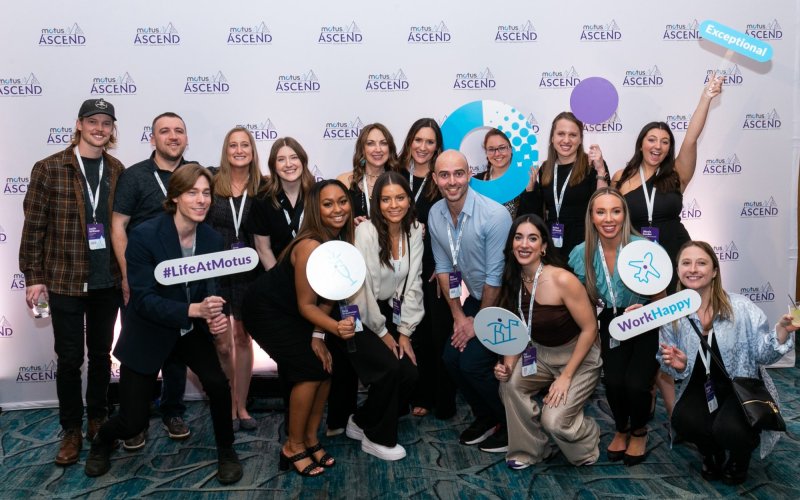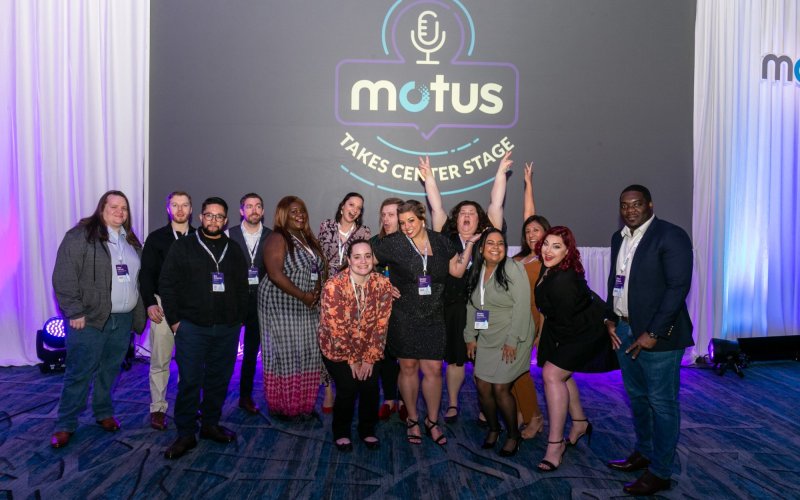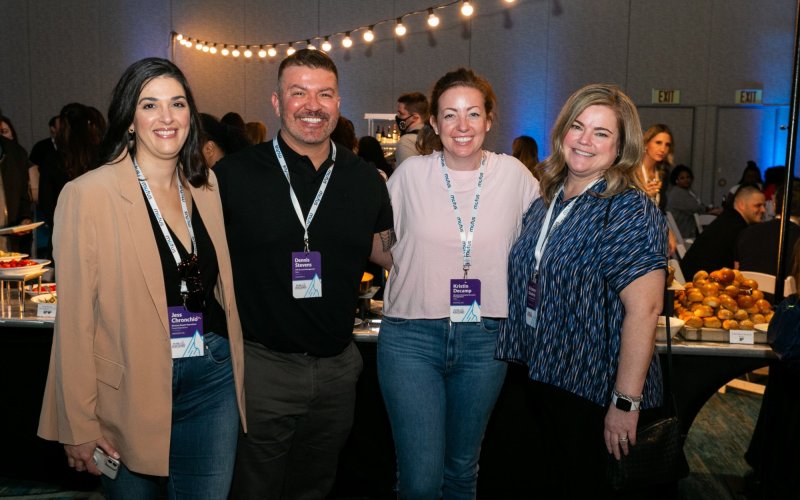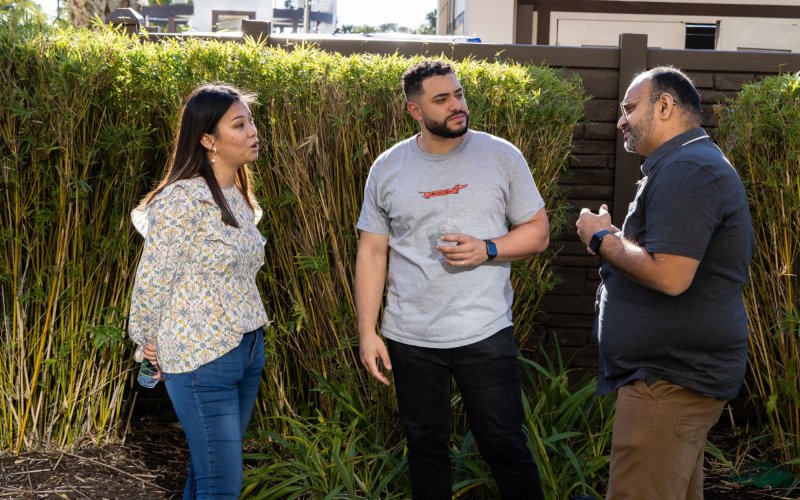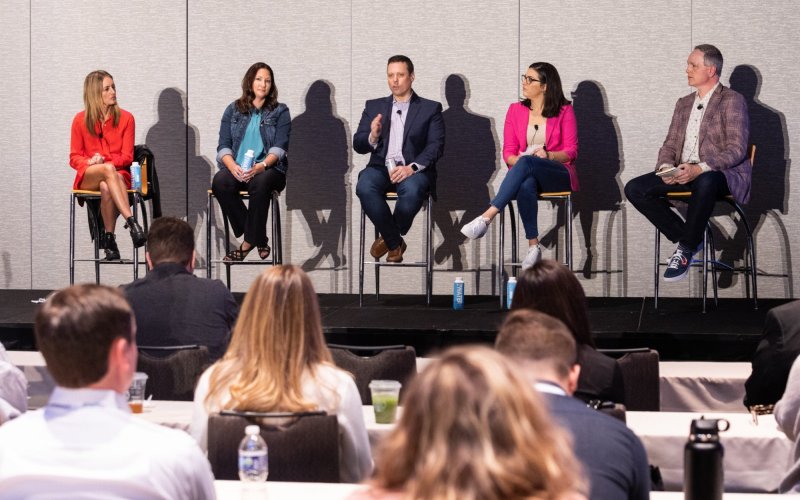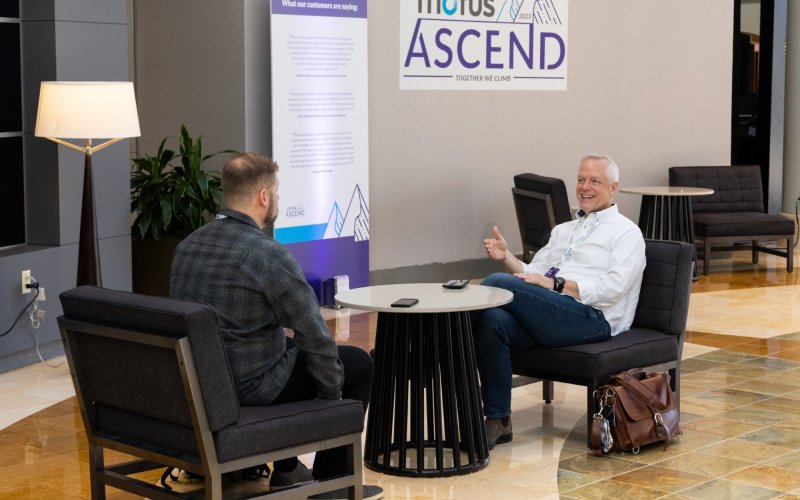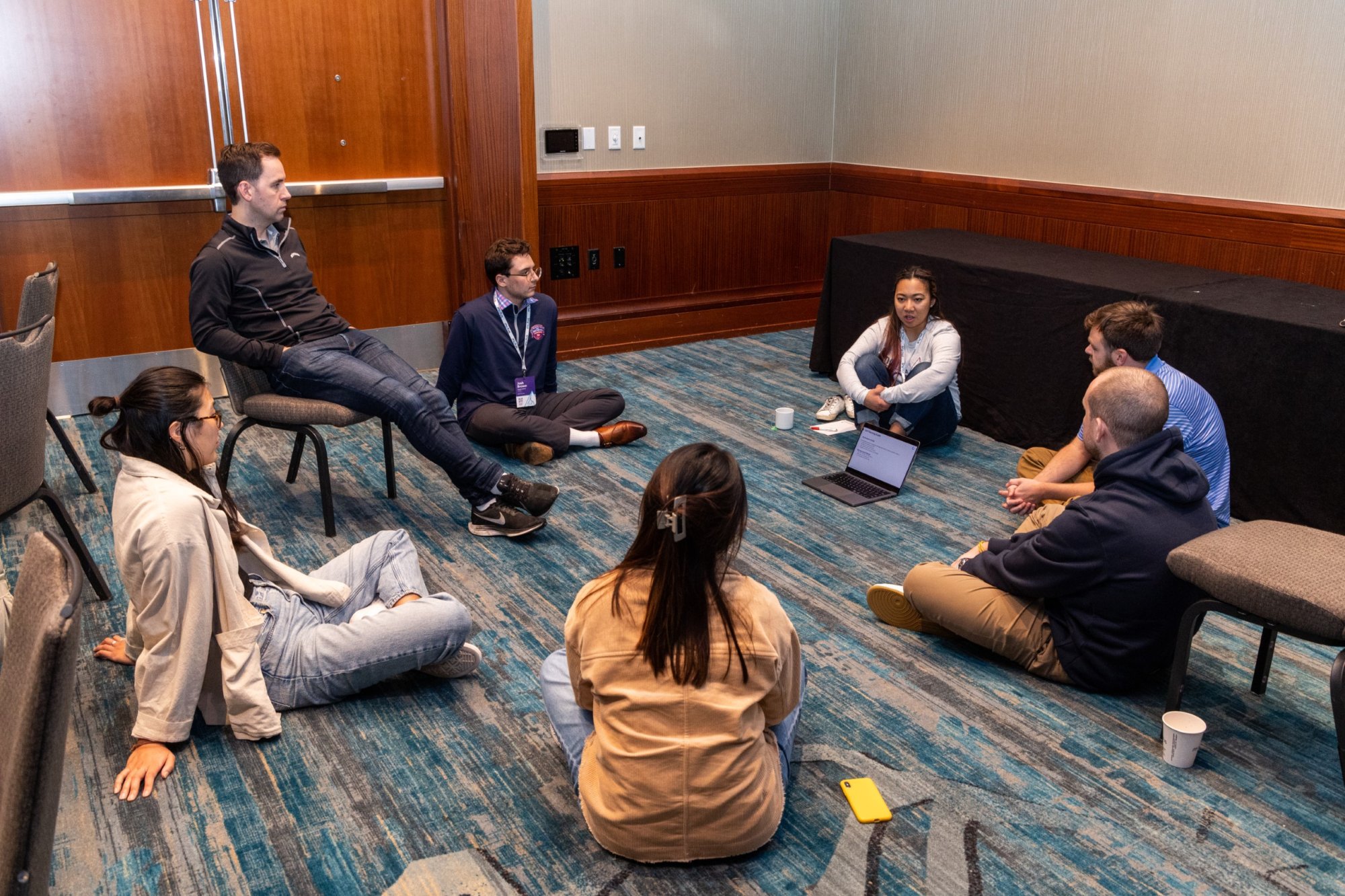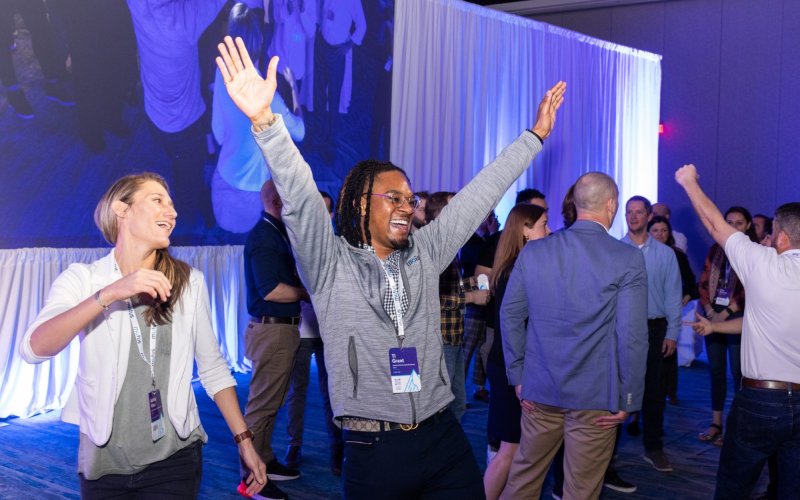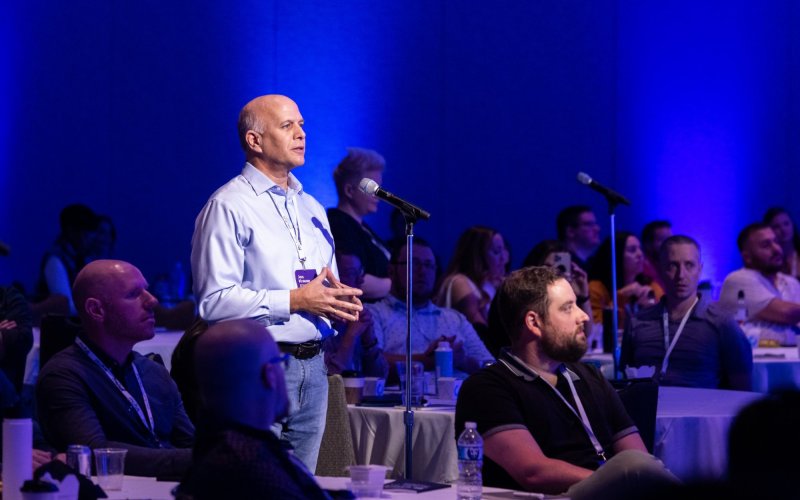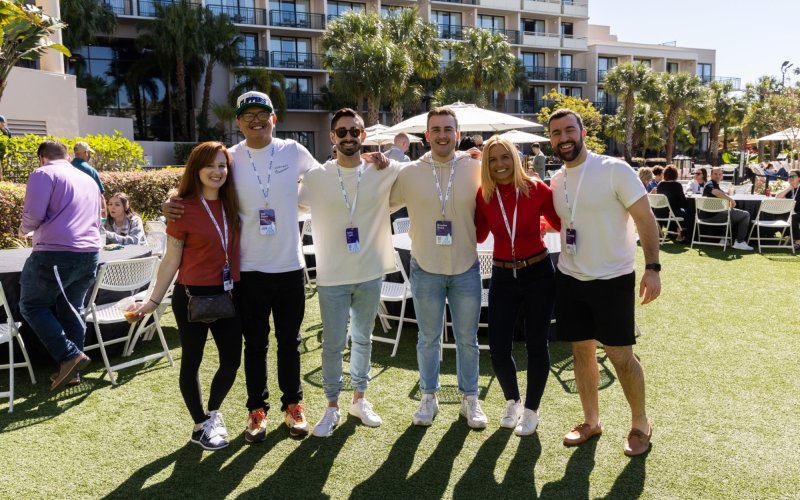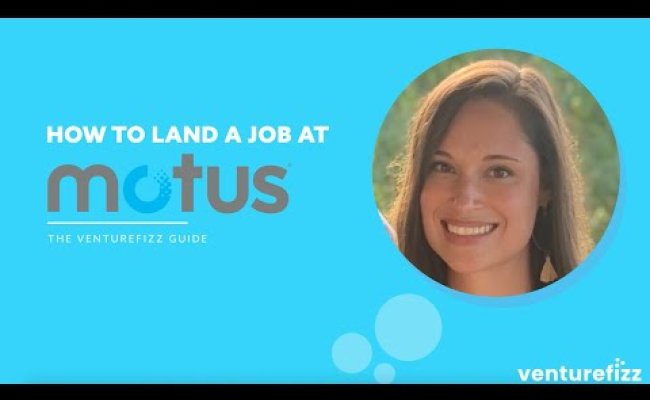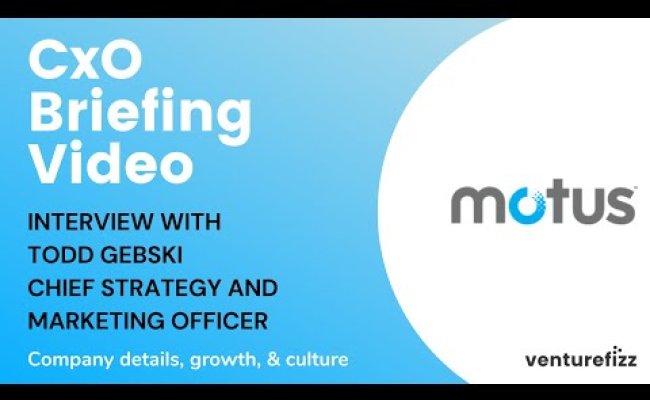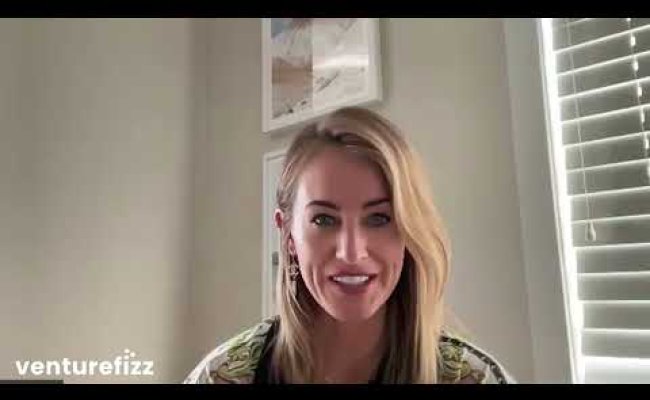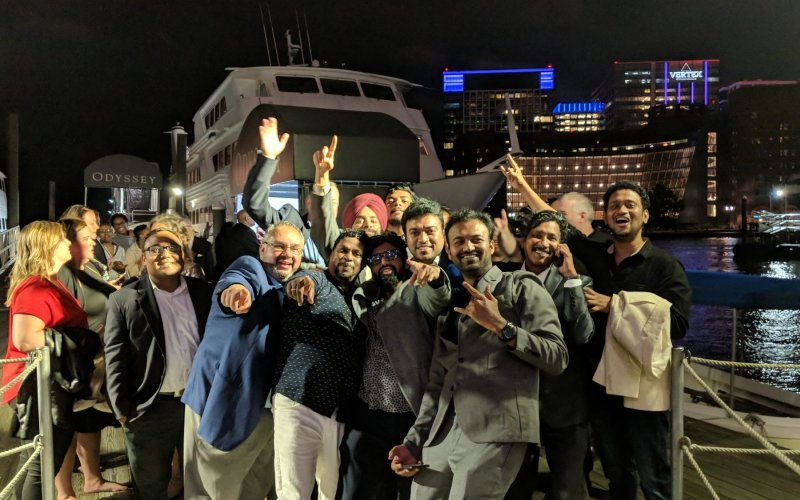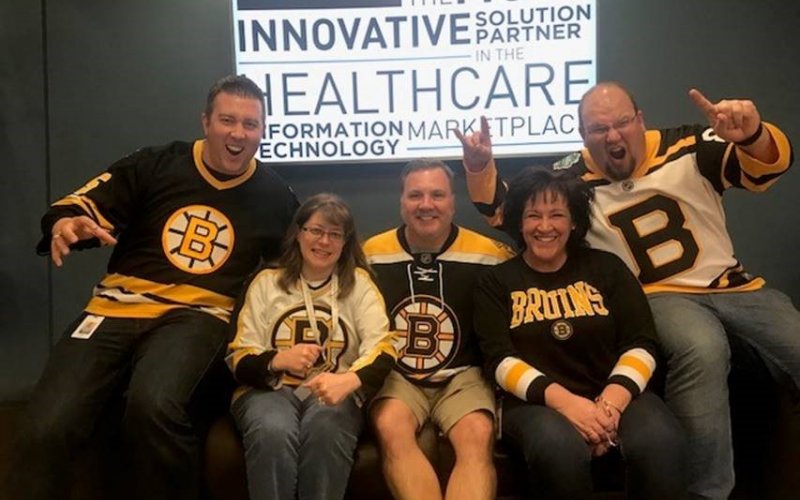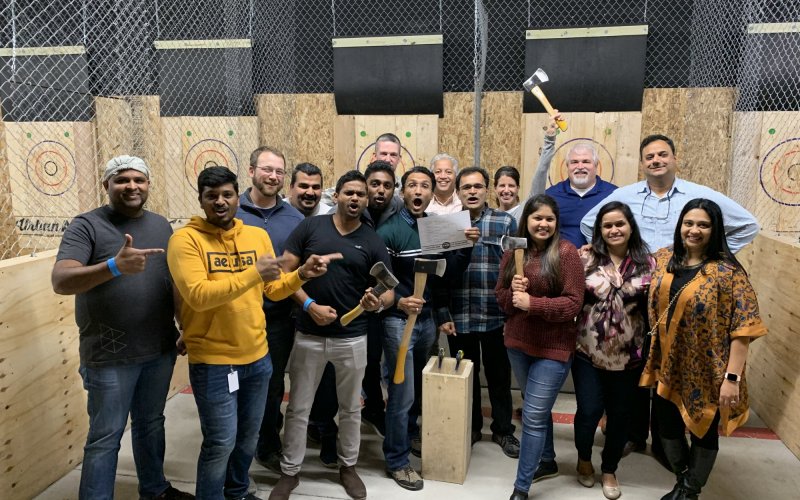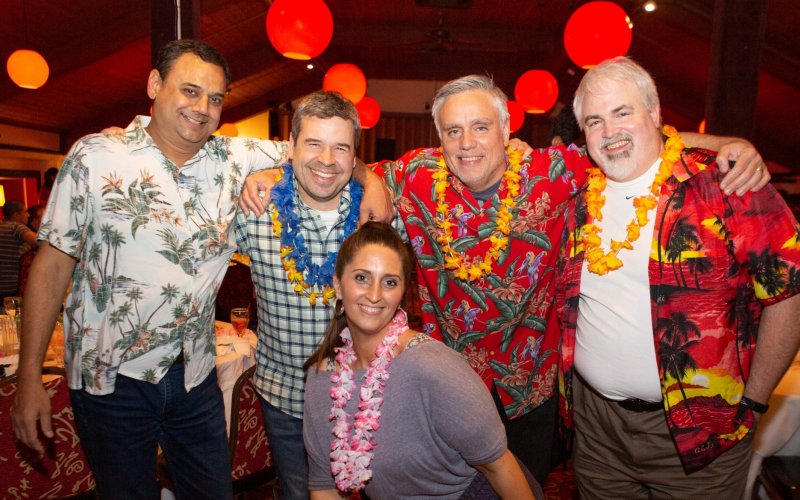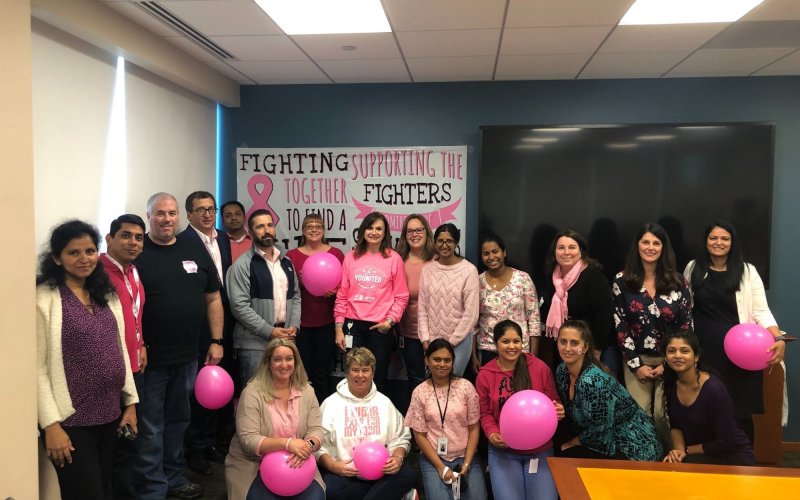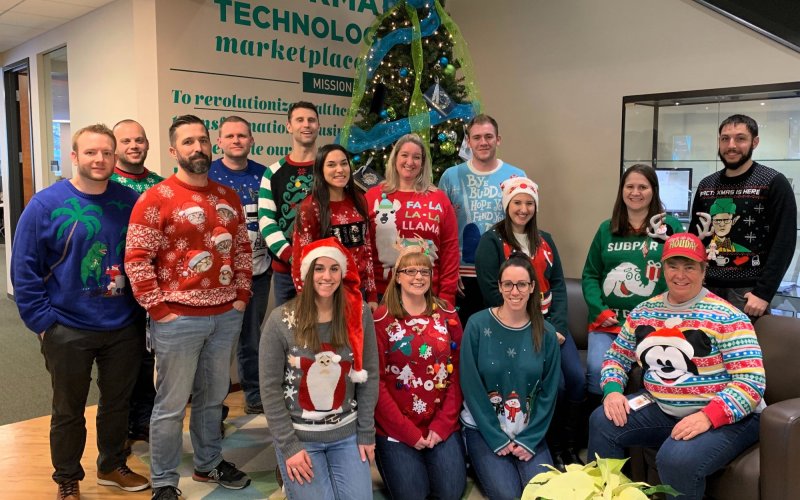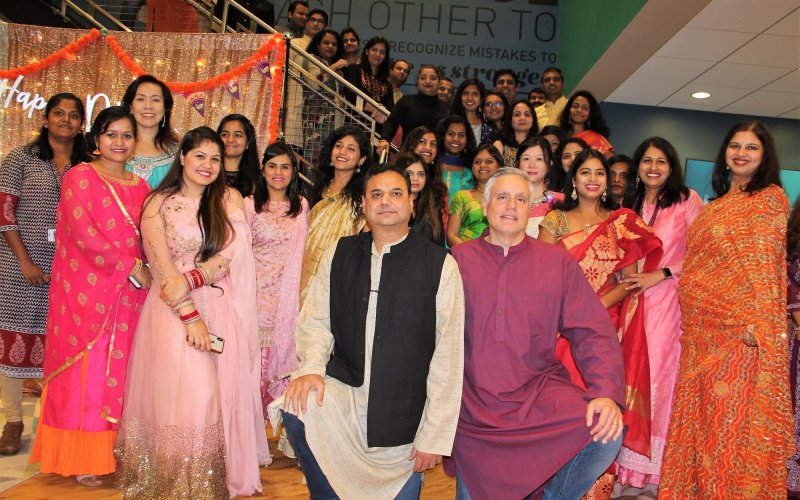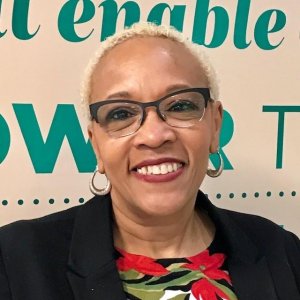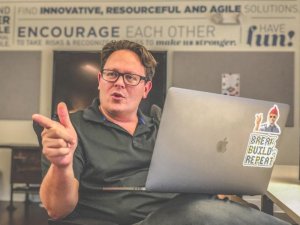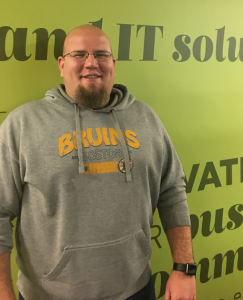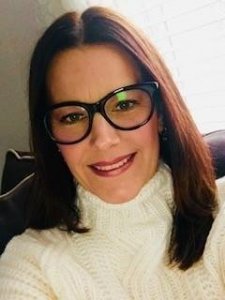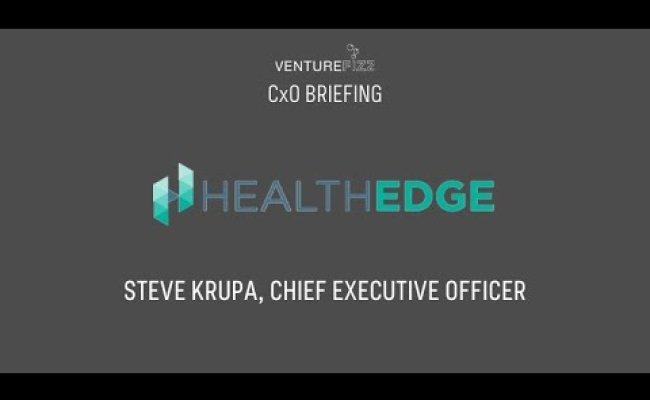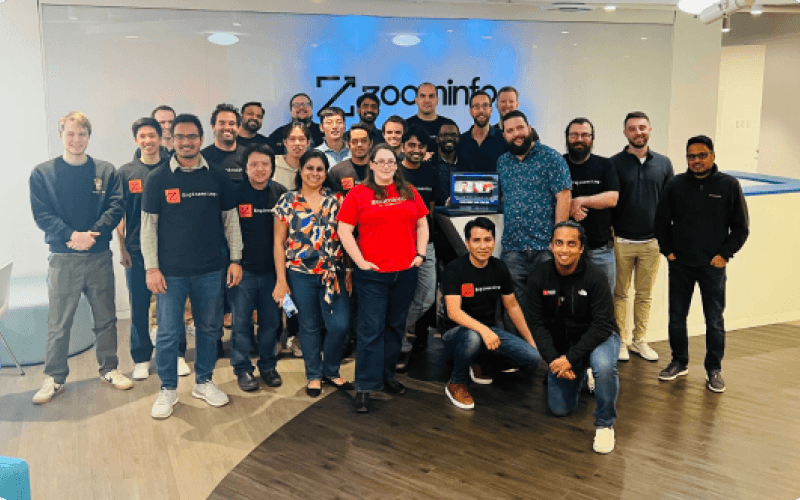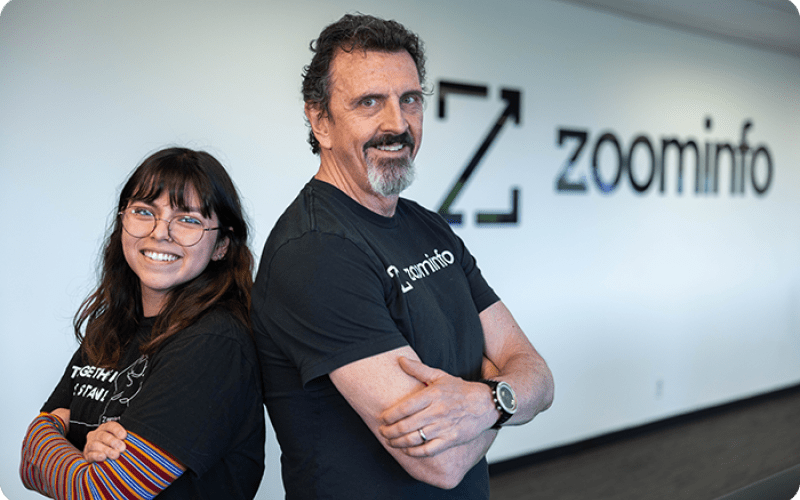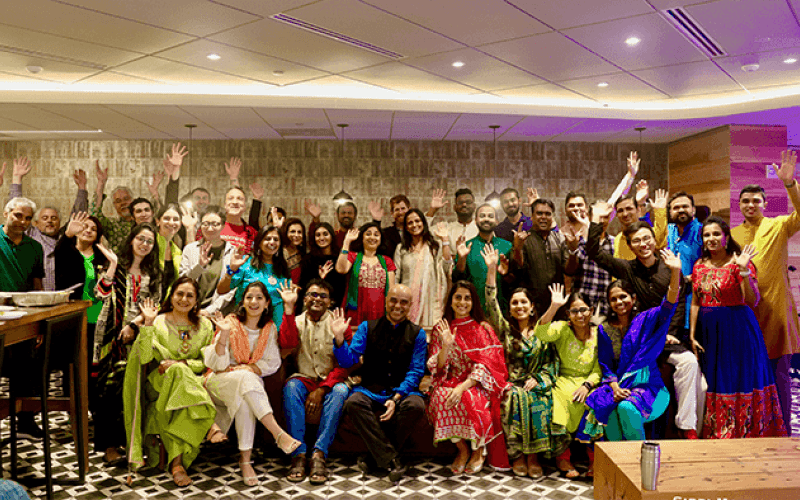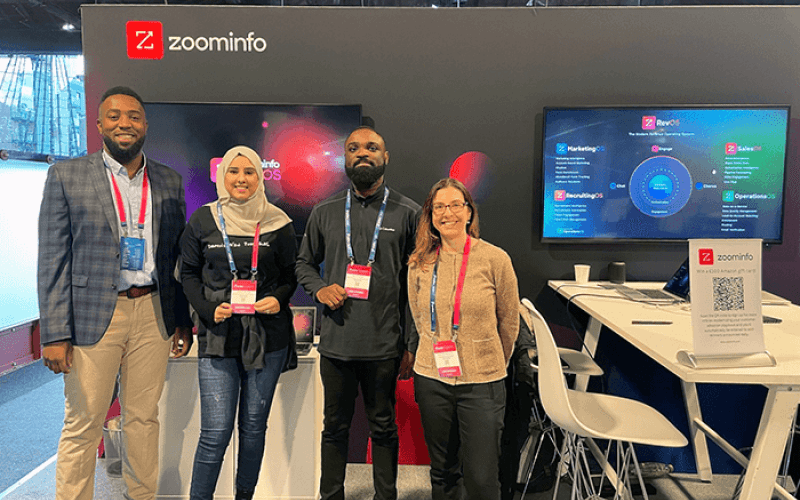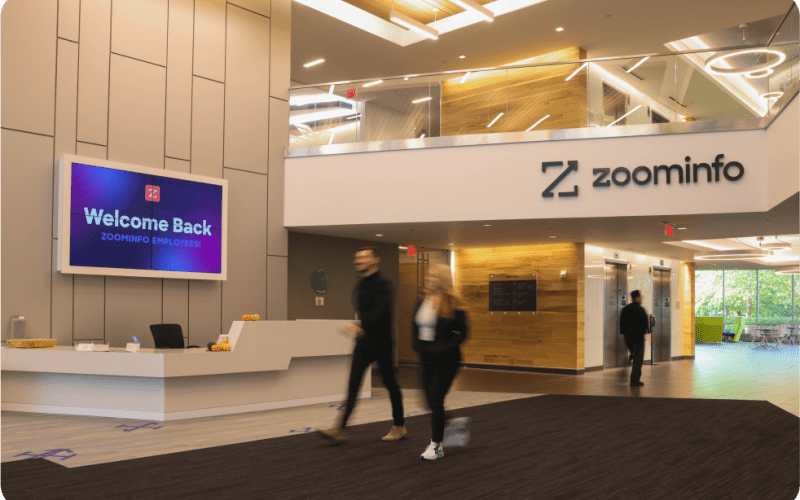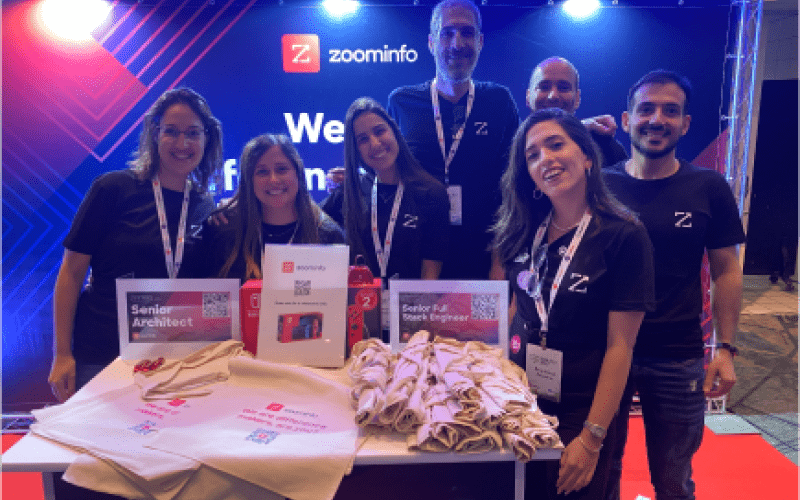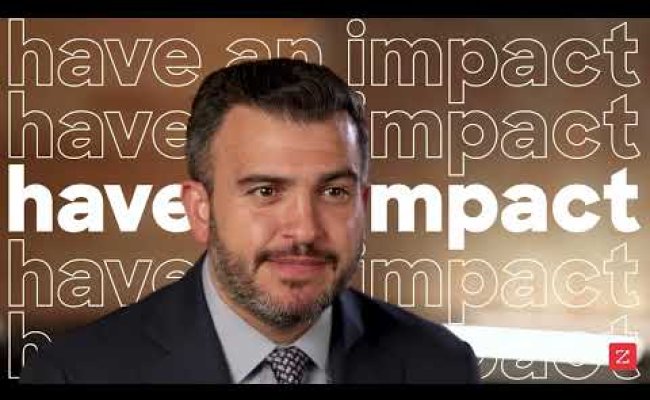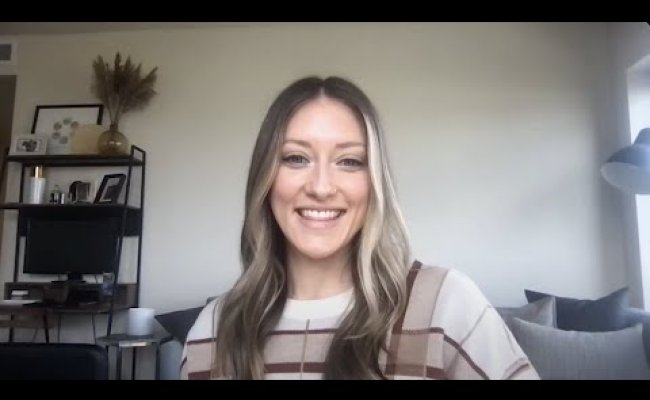Last week, in part one of our profile of entrepreneur, investor, advisor and tech business veteran, Julia Austin, we shined a light on the remarkable journey that took Austin through the early days and rapid growth of two industry leaders, Akamai and VMware.
While Austin was no stranger to technology and high growth companies, she had been so heads down and hyper-focused on growing VMware that it kept her from being overly engaged with Boston’s startup ecosystem, which had blossomed over the years.
Now, two years removed from her role as Vice President of Innovation at VMware, Austin spends her time around entrepreneurs as an investor, advisor and mentor. Her career path, track record of success, current immersion in startups and, of course, her gender, give Austin a unique and highly valuable perspective, from which those in our ecosystem can learn and benefit greatly.
BOSTON STARTUPS: Austin’s Role and the State of our City
Not long after Austin left the grind of VMware in 2013 she befriended a few core influencers in Boston’s startup scene including Michael Skok, Andy Palmer and Katie Rae. Rae, who was leading Techstars Boston at the time, played a large part in getting Austin immersed in startups as she quickly recruited her to become a mentor for 2014.
The first class Austin was involved with included, among others, Mapkin, Litographs, Bevi (formerly Refresh Water) and Ecovent, all of which would become Austin’s first angel investments.

Credit: Techstars
“Getting involved with Techstars allowed me the chance to pay it forward. I was able to immediately lend my advice and expertise to these early-stage startups and entrepreneurs. I’ve become so close and remain in contact with many of the founders from that class today. It’s been a highly rewarding experience for me.”
Dip Patel, Co-Founder and CEO of Ecovent, certainly feels the reward for his company as he speaks highly of his trusted advisor and investor:
“Simply put, Julia is one of the most self-aware people I've ever met. Julia is amazing. She has this way of disarming you, while being blunt and supportive. Brilliant yet humble. I really had no idea who she was the first time we met at a founders breakfast - nor what an honor it was to have her come meet Yoel [Ecovent Co-Founder & COO] and I the following week for dinner. Literally hours of her time, for us, a team with no prior track record of success.”
In July of ‘14 Austin was recruited by Paul English to be Executive in Residence at his newly-launched startup foundry, Blade (Blade has since transitioned into a new travel startup), where she would serve as COO for one of Blade's portfolio companies until their product launched in September, 2014.
Austin, still an active mentor with Techstars today, also serves as an advisor with indico and Help Scout (also both TechStars alums), Driftt, the MassTLC Education Foundation, Trill and Dunwello, of which she is also an investor. Austin’s commitment to entrepreneurs doesn’t stop there. She is an active volunteer with the local chapters of Year Up and BUILD and was recently brought on as an Entrepreneur In Residence with Harvard Business School’s Rock Center for Entrepreneurship.
An impassioned Austin illuminated on her role and involvement with entrepreneurs:
“I am routinely blown away with the abundance of entrepreneurial spirit in Boston. Not a day goes by that I don’t hear about yet another cool company taking flight and they are all over the map in terms of industry and types of tech. There is so much potential within these early companies, their founders and their teams. It is deeply fulfilling to help them develop into future success stories.”
With Austin’s hands in so many areas of the startup scene, we began discussing, among many other things, the current state of investing here in Boston. Two views stood out to me specifically. First - the need for larger investments. More money invested per deal. Second (the one I’d personally like to see advancements made) – many local VC’s are too risk averse when it comes to industry. Investment dollars need to be put into more verticals.
Then we turned our attention to the gender gap.
WOMEN IN TECH
The discussion of women in technology, entrepreneurship and venture capital is everywhere these days and something I’ve touched on quite a bit recently on VentureFizz. The controversial topic was, of course, discussed during our time together.
Austin is a mother of three teenage daughters, one of which is active in several technology camps (usually as the only female). While this not only plays into her support and passion behind the movement to get more women into technology and entrepreneurship, it makes Austin’s success even more important to highlight.
Our conversation covered many aspects around the subject, but Austin’s overall point was clear and powerful:
“It needs to stop just being a discussion. People need to start taking action.”
When I asked specifically what can be done, what actions can be taken, Austin spoke to venture capitalists, specifically, pointing out that there are plenty of women qualified to be partners at VC firms. Moreover, she too often sees under-qualified men securing partner roles over their female counterparts.
Austin was quick to point out this is not an across-the-board problem, noting several key players and firms in town that are actively trying to change, bring in woman partners and invest in women-founded startups. However, she feels a bigger push and more conscious effort to mentor and recruit women on all fronts is long overdue.
Austin herself has put her money (and time) where her mouth is.
Two years ago, she was the catalyst that helped re-launch Girl Geek Dinners in Boston and has since mentored the local chapter leaders towards rebranding the organization, now called She Geeks Out (SGO). SGO hosts monthly events in the Boston and Cambridge area and is designed to bring amazing women together and allow them to learn about and from each others’ “geeky pursuits.”
Along with She Geeks Out, Austin is an avid supporter of The Anita Borg Institute for Women in Technology, a nonprofit aimed at recruiting, retaining, and advancing women in technology, National Center for Women & Information Technology, who works to correct the imbalance of gender diversity in technology and computing, and a judge and mentor for Technovation, a program inspiring and educating girls and women to solve real-world problems through technology. She also sits on the board of CodeChix (based in CA) and recently plugged into the Girls Who Code program; serving as a guest lecturer on entrepreneurship and mobile application building at her former employer, Akamai.
Austin with judges and winning teams at a recent Technovation event
Each of these organizations and initiatives will help women looking to break into and grow within the technology sector not only by improving confidence, but also by providing exposure and a network. That exposure will, in part, help alleviate one element that Austin and many other female leaders in Boston have alluded to as one barrier for women – the lack of self-promotion.
WHAT DOES THE FUTURE HOLD
While clearly having a ball making an impact in the two years since she was in a full-time position, Austin is now mulling over her next move.
As you can imagine, all options are on the table – join a startup, early-stage, growth-stage, start a company, join a venture capital firm – the list goes on. One thing all of us in Boston’s startup and tech ecosystem can hope for is that Julia Austin remains heavily engrained in our community. Even more involved, if we want to be greedy. Her wealth of knowledge and passion for entrepreneurship can only help move things forward for Boston.
Austin didn’t give any intimation on what would be next, but she has every intention to remain involved with startups in some fashion. And she’s certainly not leaving Boston.
I’m lucky enough to regularly have conversations with the likes of Julia Austin, and while we try to share the story and the views, it’s difficult to grasp the knowledge someone with Austin’s track record, experience and passion for entrepreneurs truly has. With that in mind, I asked Austin, as a key takeaway for our readers and tomorrow’s leaders of Boston’s startup community, to offer up one piece of advice she wishes she had when she was starting out her career:
“While I have no regrets when it comes to my career thus far, there are definitely times where I hear myself giving advice I wish someone had given me early on - like finding appropriate mentors as I took on new roles vs. trying to figure it out all on my own. I see so much wasted time and opportunities because young leaders don't tap into our community for support and guidance. There's lots of expertise being offered out there. Just ask!”
---- An Unsung Leader in Boston Tech, Julia Austin’s Track Record is Tough to Top [Part 1 of 2] ----
*Be sure to check out Julia Austin's Blog, BeingFA, and follow her on Twitter @Austinfish.
Josh Boyle is Director of Community & Marketing, VentureFizz. You can follow him on Twitter @jb_sid
and keep up with his latest posts by signing up for the VentureFizz Weekly Email!

